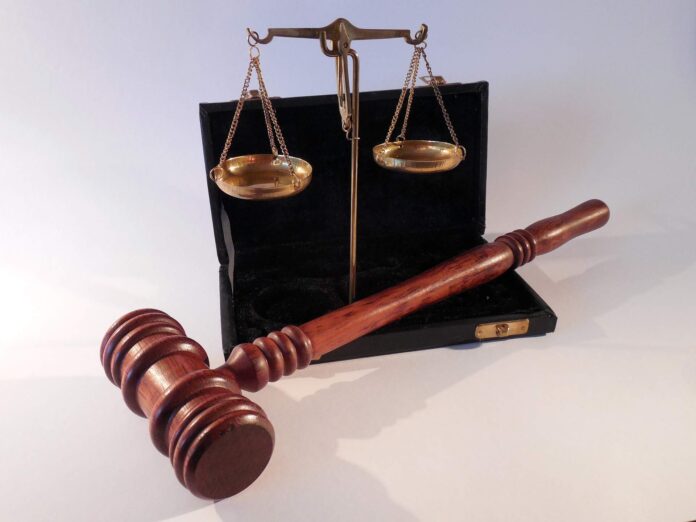Jurors are still deliberating in the infamous lawsuit between the estate of Dave Kleiman and self-proclaimed Bitcoin inventor Craig S. Wright.
To be, or not to be Satoshi – that is (not) the question
Among the few individuals who claim to be the pseudonymous Bitcoin inventor Satoshi Nakamoto, Craig S. Wright is the most notorious. In early 2020, Wright claimed to be in possession of the private keys to the Tulip Trust, a set of Bitcoin addresses that supposedly hold over 1.1 million BTC (~62 billion USD), but later rescinded his own claim. So far, he has neither proven to be in possession of any BTC funds worth billions of Dollars, nor to be in possession of Satoshi Nakamoto’s private keys.
According to Wright’s own claim, he co-invented the first cryptocurrency together with his former business partner Dave Kleiman, before Kleiman’s death in 2013. This led Kleiman’s brother Ira to file a lawsuit on the grounds that the Kleiman estate should be entitled to a share of the ominous trust’s BTC holdings, in addition to a share of the intellectual property of Bitcoin.
Wright’s claims to be the inventor of Bitcoin are widely disputed. For the Miami court, this is however not a matter of debate, since both the plaintiff and the defendant agree on this point. The court is debating whether there was an oral partnership agreement of any kind between Craig Wright and Dave Kleiman.
Up to half a trillion dollars at stake
Attorneys representing the plaintiffs have asked the court to award the Kleiman estate with 36 billion USD as a share of Wright’s alleged Bitcoin holdings and another 126 billion USD coming from the intellectual property of W&K Info Defense Research, LLC, a Florida-based company that was co-founded by Dave Kleiman and Craig Wright.
This sum could even be tripled if the court rules that Wright has committed civil theft. Additionally, the plaintiffs ask for 17 billion USD in punitive damages. Whether or not one might consider this a frivolous lawsuit is up for debate, but up to date, it is the most bizarre case of Bitcoin billionaires – or self-alleged Bitcoin billionaires – battling in court.
Finding a verdict proves accordingly difficult. After all, it is unclear how a court is supposed to split up funds, which may or may not exist, based on a partnership agreement, which may or may not exist, for which there is no written evidence.
Mistrial becomes likely outcome
Jury deliberations began on November 23 and have not come to a conclusion yet. In a last attempt to reach a verdict, Judge Beth Bloom issued an Allen Charge, essentially encouraging jurors to re-examine the case and come to an agreement.
Allen charges are often criticised on the grounds that they are coercing jury members into reaching a unanimous verdict, especially pressuring jurors in the minority to overthink their position. Hence, the controversial practice is banned in several US states. Before deliberations began, the judge also reminded jurors that partnerships could be based on an oral agreement.
If the jury still fails to come up with a verdict, the Allen charge can be repeated. Otherwise, the judge can call for a mistrial, ending the case in a draw. With the jury still remaining deadlocked, this scenario grows more likely every day.
















